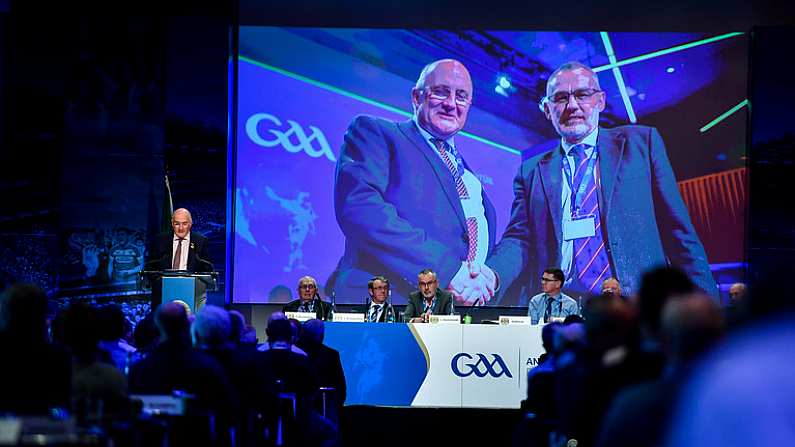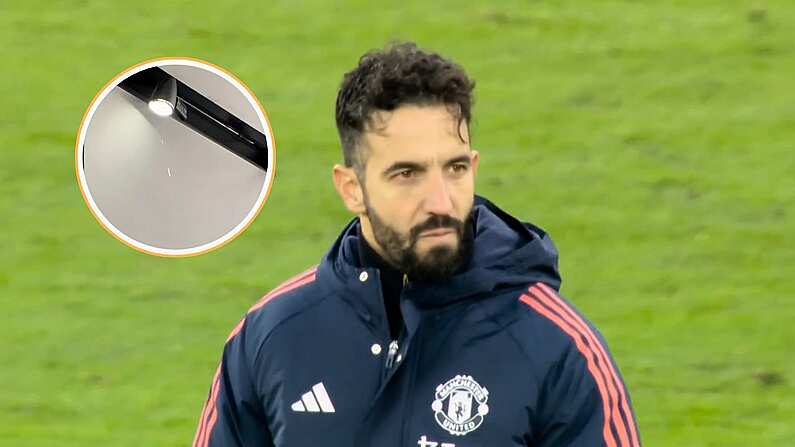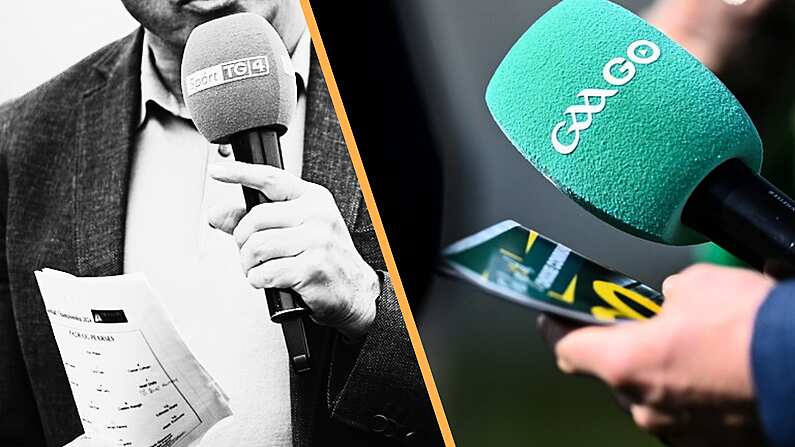We've wondered how the GAA will respond to the Covid-19 crisis. From Wimbledon to the golf majors to the Euros to the Olympics, pretty much an entire summer of sport has been wiped away. The GAA Championship is one of the last pillars standing but we all knew HQ would have to radically alter its plans for the 2020 Championship in the face of coronavirus.
The Irish Daily Mirror is this morning reporting that the GAA is answering this crisis in the only way it knows how: with a special Congress. 'Special Congress' will take place next Friday over a conference call format with a reduced number of GAA delegates with the idea of restructuring the hurling and football championships
Pat Nolan writes in the Mirror today:
Special Congress, staged in a conference call format with a reduced delegation a week from today, will give power to the GAA’s Management Committee to make decisions on the Championship format on the hoof as it sees fit.
The GAA's hope was that the Championship could be launched May 9 after counties were given two weeks to train. That's impossible now. Delegates will have to choose from an array of imperfect options for culling the Championship. A return to the straight knockout format has been mooted but Nolan reports that the GAA's preference is to give every country two days out.
The incredible round robin hurling format is likely to be culled. The divisive second tier championship will also likely be deferred.
But all that said, the final authority will rest with the delegates who participate in next Friday's 'Special Congress'.
The financial stakes are huge for the GAA. Director General Tom Ryan has said the GAA stands to lose up €60 million this year.
‘There are greater costs being paid by people but I suppose we do have a responsibility to make sure that the place is fit for purpose and able to get going again when the opportunity permits, so we have to be very, very careful with how we navigate our way through the next few months.
‘It’s already having a really serious impact on things. Central Council-wise, there’s probably about €60m at risk.













